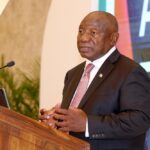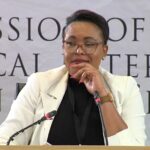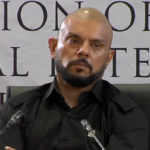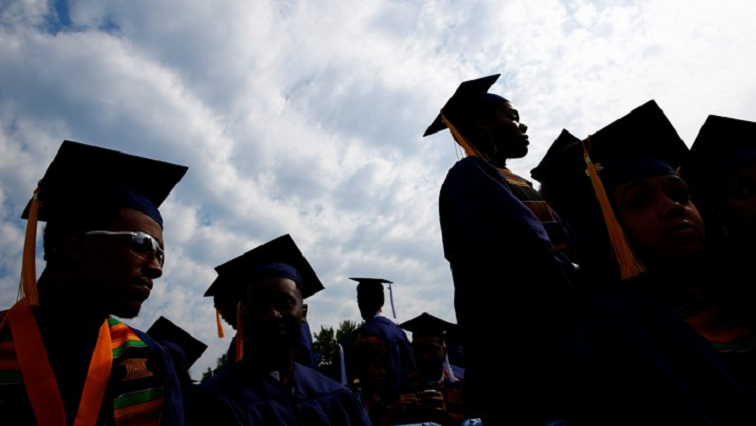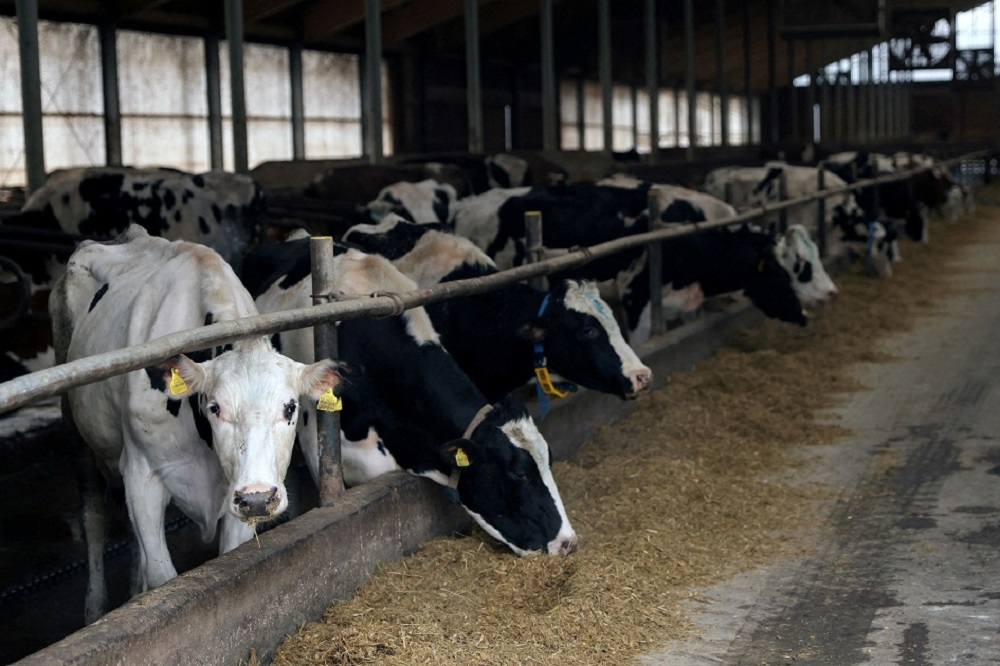-
[File photo]: Tertiary graduates at their graduation ceremony.
Chairperson of the Portfolio Committee on Higher Education, Tebogo Letsie, believes that the comprehensive student funding model for higher education will go a long way in assisting missing middle students.
Missing-middle students in the country face a myriad of challenges as they do not qualify for government aid schemes like the National Student Financial Aid Scheme (NSFAS) as a result of their middle-class income status and cannot afford higher education.
In his State of the Nation Address (SONA) earlier this month, President Cyril Ramaphosa said the government would support a minimum of 10,000 students in its first year, which has already commenced.
The model will be administered by NSFAS.
Missing middle students in the country are faced with the challenge of not qualifying for NFSAS and struggling to afford higher education.
One of the government’s main priorities is to deal with this issue and has introduced measures to support all the categories of students, including those who are currently not supported by the NSFAS bursary and funding policy.
Portfolio Committee Chair on Higher Education, Tebogo Letsie, says, “The first category that is available is the bursary scheme for children of the poor and working class. Those whose parents earn R350,000 and below. So those ones it’s a full bursary as long as they progress yearly, they will get it until first qualification and then this one you can get as a loan or the loan you can get it post the first qualification as well. It covers those between R350,000 and R700,000.”
Those interested in applying should note that TVET and university students can apply to be funded for a loan with students expected to get a 60% pass rate.
Funding caters for tuition, learning material and accommodation both for undergraduate students as well as postgraduate studies.
“If we have R3,8 billion and it’s normal undergraduate in a normal institution which cost R120,000 including accommodation per annum, then you are looking at just over 20,000 or so students. But because it includes post-graduate students, the fees vary there and that is why he said a minimum of 10,000. It may get to 20,000. But it won’t because we have just 17,000 people who applied for that loan in this financial year. That is the first part of the R3,8 billion,” elaborates Letsie.
Letsie says the phased programme will be implemented over a period of 10 years.
“In 2035, when it will be fully implemented, we envisage that the budget will be about R41,7 million of the loan scheme. The current one … the bursary scheme … this year is R48 billion. So, the scheme at the time will be just about R110/R115 billion where about R40 billion goes to the loan and about 60/70 is for the bursaries that is just to deal with the phases,” says Letsie.
Asked about calls from some political parties for NFSAS to be scrapped, Letsie disagrees.
“There’s no alternative to NFSAS and let me tell you why, the people who say NFSAS must be closed down, they, themselves, were not beneficiaries of the scheme and I’m not defending it because it’s perfect. I’m one of the biggest critics. They are far from it. But I’ve just said that NFSAS produces 5.5 million graduates from poor backgrounds, children who would but have seen the doors of higher education. I don’t agree with the views of anyone who says NFSAS must be done (away) with because what would be the alternative? Let me tell you, the alternate would be to go to the banks and indebt these children into a system,” concludes Letsie.

